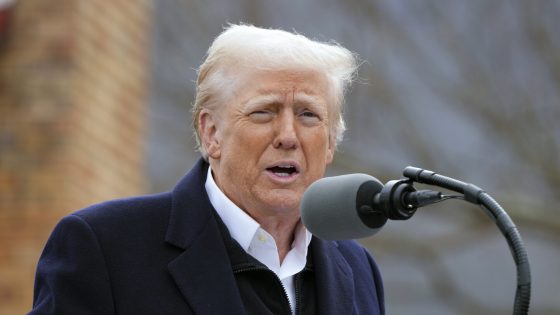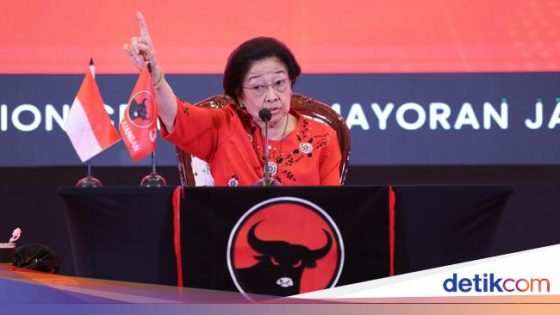On January 20, 2025, President Donald Trump signed an executive order to withdraw the united states from the World Health Organization (WHO). In response, WHO’s director-general Tedros Adhanom Ghebreyesus announced a hiring freeze and significant cuts to travel and missions aimed at assisting countries.
- U.S. exiting WHO leads to hiring freeze
- Tedros expresses regret over U.S. decision
- Future meetings will be virtual by default
- WHO significantly reducing travel expenses
- U.S. contributed 18% of WHO's budget in 2023
The withdrawal of the United States from the World Health Organization marks a significant shift in global health policy. The U.S. was responsible for 18% of WHO’s budget in 2023, making it the largest donor. This departure is expected to exacerbate financial challenges faced by the organization.
In his communication with staff, Tedros outlined measures being taken to address these challenges:
- Freezing recruitment except for critical positions.
- Limiting replacements for IT equipment.
- Suspending office renovations and expansions.
Tedros also noted that all future meetings would be conducted virtually as part of efforts to reduce costs associated with travel. Historically, WHO has spent substantial amounts on travel; in 2017 alone, it reportedly spent more on travel than on combating major diseases like HIV, tuberculosis, and malaria combined. The current changes reflect an urgent need to adapt amid growing uncertainty regarding funding and support from member states.
This decision by President Trump not only impacts WHO’s operations but also raises concerns about global health collaboration during critical times such as pandemics or disease outbreaks. As WHO navigates these new challenges, its ability to effectively respond may be hindered without adequate funding and resources from its largest contributor.
































